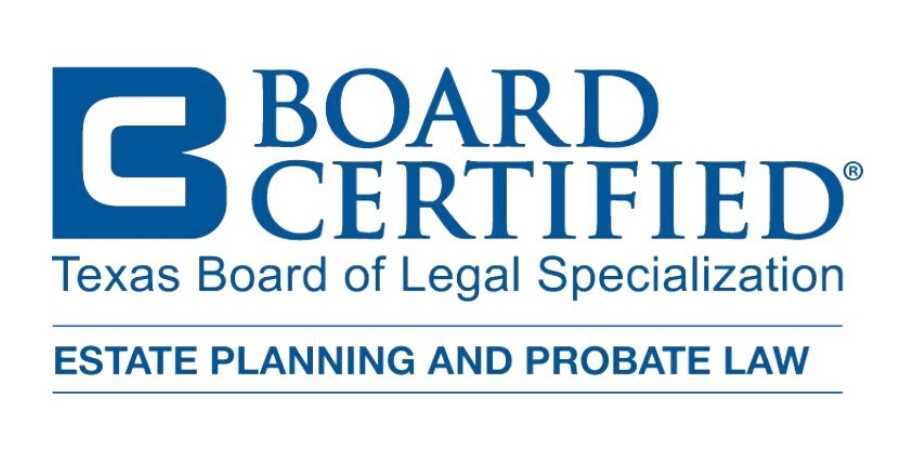Tough Decisions Made Easier
Deciding not to avoid probate? Read this first.

One of the many decisions you will need to make about your estate plan is whether you want to avoid probate or decide if it makes sense for you. Probate is the legal process for settling an estate after someone has died. It is also known as estate administration. The main purpose of probate is to provide inheritors of a deceased person’s property with clear title to the property.
Should You Avoid Probate?
During probate, the decedent’s personal representative (also called the executor if the decedent left a will or the administrator if the decedent did not have a will) locates the decedent’s assets, pays his or her debts, and distributes the remainder of the estate to the beneficiaries named in the will or heirs specified by state law.
Here are some reasons why you might prefer for your estate to pass outside probate:
Probate expenses can shrink your estate significantly
Cost is probably the most important reason people decide to avoid probate. Attorneys’ fees are often the biggest expense. Most personal representatives decide to hire an attorney to navigate the probate process. It can be difficult for a non-attorney to figure out the procedures, forms, and deadlines. Courts do not always have clear instructions available for non-lawyers or staff available to help. Some states require the personal representative to hire an attorney. Attorneys’ fees can be expensive. In some states, they are based on the value of the estate. In others, on the amount of time the attorney spends and what the judge thinks is reasonable. It is not unusual for them to run into the tens of thousands of dollars depending on the complexity and size of the estate and whether the estate is contested. Plus, there can be fees for executors, court filings, appraisers, and other expenses, such as real estate taxes, insurance, utilities, and property maintenance. These fees are all deducted from the estate and can take a big bite out of it. For smaller probated estates, fees can greatly diminish the distributions the heirs receive.
Probate can take a long time
Probate is not typically a fast process. A minimum of six months is usually required. Even routine uncontested probates can take several years to complete. While the probate drags on, the beneficiaries and heirs wait to get their distributions. By contrast, when probate avoidance methods are used, property transfers can be completed in weeks.
Probate filings are public
Many court probate filings are a matter of public record. Probate could open up information to the public that you would prefer to keep confidential.
The Flip Side...
Although avoiding probate is a good plan for many individuals, you may decide that you want your estate to be probated if any of the following are true:
The cost and effort of
probate avoidance exceed the expected expense of probate
A revocable living trust is the principal tool for avoiding probate. A revocable living trust is more expensive to have prepared than a will. Even once it is created, the trust must be maintained until death. The costs associated with a revocable living trust sometimes exceed the expected cost of probate. This could well be the case if you have a small estate that qualifies for simplified or expedited procedures. If you bring your estate planning attorney an inventory of your assets, he or she can advise you whether avoiding probate will likely save you money in the long run.
You expect challenges to your estate plan
If you expect your estate plan to be challenged by disgruntled relatives, friends, or associates who are likely to be unhappy with your choices, probate offers an efficient forum in which to resolve the conflict. Challenges to a will or living trust are rare, and the grounds are limited and difficult to prove. They include fraud, undue influence, duress, or mental incompetence.
You have significant complex debt problems
Probate may be an advantage if you have many creditors. When an estate is probated, creditors have a deadline by which they must file claims against the estate. If a creditor misses the deadline, the debt is extinguished. Valid claims must be paid before your estate is administered. Your heirs or beneficiaries get their inheritance without worrying about creditors appearing to claim some or all of it. Few estates are in this category, however. When you meet with my team, we can discuss whether avoiding probate makes sense in your particular situation as well as any other estate planning issues and concerns you may have. Here for you.
























